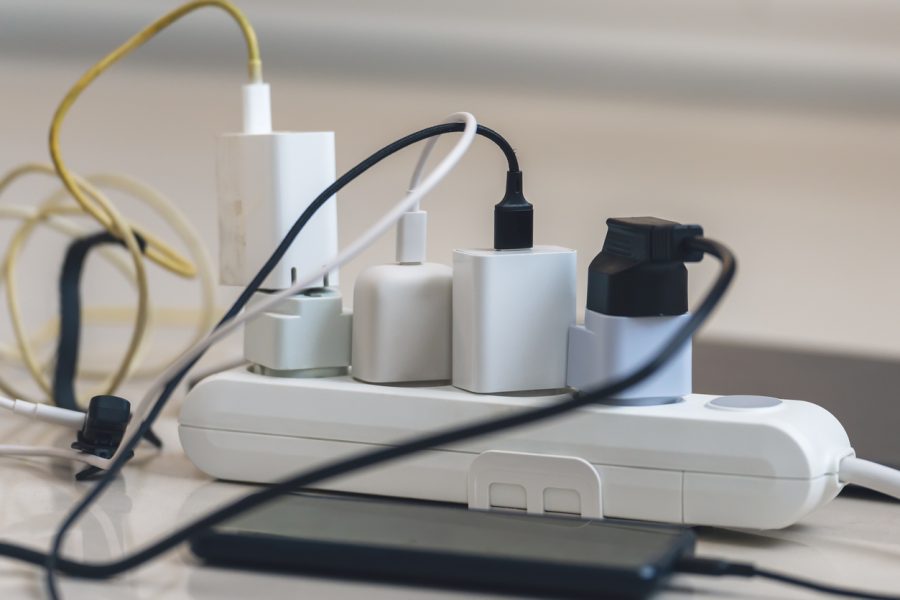You probably know the frustration: you are sitting there trying to stuff a charging cable into your phone before realising that no, it’s the wrong one: it is left over from your last phone, or belongs to some other device. Just how many kinds of near-identical cables and sockets is it possible to produce?
It was this frustration, together with the wastage which arises when old chargers are thrown away purely because they won’t fit a charging port, which led the EU to announce in 2022 that phone companies will have to use a common charging cable: the USB type C port. Apple protested that iPhones would no longer be allowed to use their own unique charging sockets, but relented. The changes are due to come in from 28 December this year.
As it is, Britain is in the best of two worlds
In its crusade to standardise chargers, though, the EU has set post-Brexit Britain one of its first big challenges over product standards. Do we oblige phone manufacturers to copy EU regulations in Britain or do we take advantage of our new-found freedom and allow them to adopt whatever kind of chargers they want?
At the risk of sounding too reasonable, there are arguments both ways. Yes, it is irritating that there are so many different kinds of charging cable. It means, for example, that you often can’t borrow a friend’s charger when you have forgotten to pack your own. When it comes to electric cars the preponderance of different cables – and apps required to use chargers – is a huge impediment to their take-up. Had manufacturers adopted standardised chargers, so that any car could drive up to any charger and plug in their vehicle, using any credit or debit card, I suspect the resistance to electric cars would be a lot weaker.
But there are serious problems, too, when a government, or supra-national organisation like the EU, tries to demand standardised products: it chokes innovation. Imagine if, ten years ago, the EU had demanded one type of electric car charging cable. We might never have had ultra-rapid chargers. Worse, imagine if in the early 1990s the EU had decided that henceforth there should only be one standardised form of storing computer data: the floppy disk. How would that go down now?
The previous government declined to join the EU’s standardisation drive and said it wouldn’t force phone manufacturers to adopt a single design of charger. But the current Labour regime is reported to be thinking otherwise.
But why? As it is, Britain is in the best of two worlds. No phone manufacturer is going to design a uniquely British charging cable purely for the sake of it. Why would they want to? Most phones sold in the UK are going to adopt the EU standard whether or not they are obliged to because it makes business sense. Even if you wanted to distinguish your product from a rival’s by employing a different standard, you are unlikely to want to manufacture two versions yourself, each to be sold on opposite sides of the Channel.
On the other hand, refusing to adopt the EU standard on electrical and electronic goods means that if there is a very good reason to experiment with a new, improved design. Britain could become the test bed. We can become an island of innovation, where future equivalents of DVDs, flash drives and so on can be developed before they are allowed to be sold in a floppy disk EU.
Thank God for the EU phone cable directive. It will mean less fiddling around for most of us as our phones adopt one standard. But the government has no need to follow the EU with legislation when standardisation will happen anyway. If our new government has wisdom it will leave things as they are.








Comments